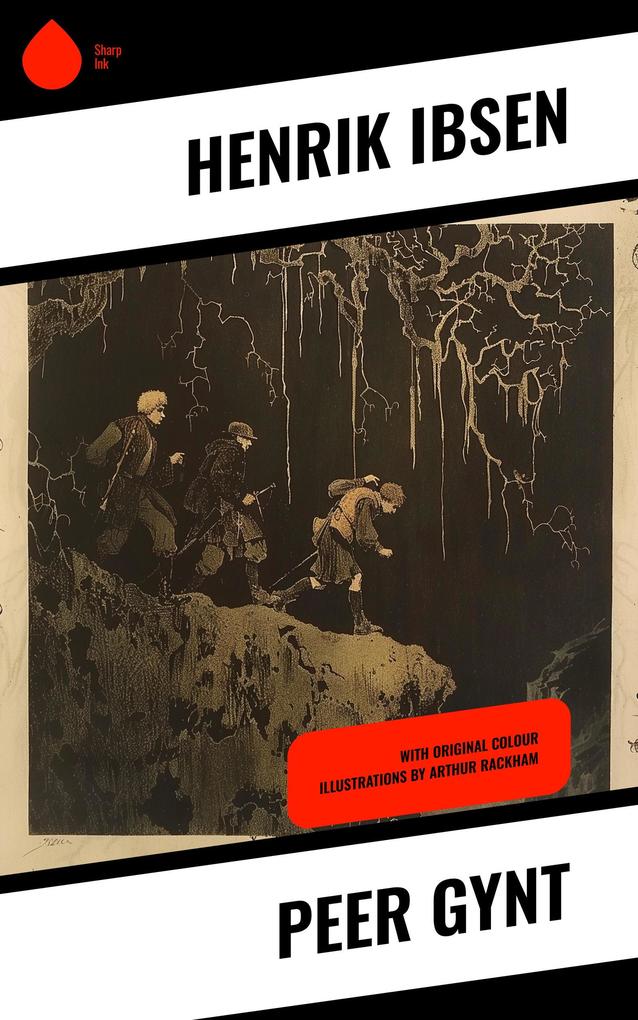
Sofort lieferbar (Download)
"Peer Gynt" is a captivating verse play by Henrik Ibsen that delves into the complexities of identity, self-deception, and the human condition. Structured as a fantastical journey through various landscapes-both real and surreal-the narrative follows the eponymous anti-hero, Peer Gynt, as he navigates the chasms between dreams and reality. Through Ibsen's rich, poetic language and adventurous storytelling, the play explores existential themes intertwined with Norwegian folklore, ultimately challenging societal norms and personal aspirations. The fluidity of Ibsen's verses allows for both lyrical beauty and profound philosophical inquiry, marking a significant contribution to the Symbolist movement and modern drama. Henrik Ibsen, often referred to as the father of modern drama, was influenced by the cultural and societal transformations sweeping through 19th-century Europe. His critical views on morality, individualism, and societal expectations stemmed from his own experiences and an upbringing marked by change and hardship. This background informs his portrayal of Peer Gynt, a character that embodies the struggle between societal pressures and personal desires, making the play deeply resonant with Ibsen's contemporary audience and timelessly relevant today. "Peer Gynt" is a must-read for those seeking a profound exploration of self and society. It invites readers to reflect on their own aspirations and the nature of their individuality. Ibsen's masterful blend of myth, humor, and tragedy captivates, making it not only a seminal work in drama but also a compelling philosophical journey.
Produktdetails
Erscheinungsdatum
12. September 2023
Sprache
englisch
Dateigröße
8,30 MB
Autor/Autorin
Henrik Ibsen
Verlag/Hersteller
Kopierschutz
mit Wasserzeichen versehen
Produktart
EBOOK
Dateiformat
EPUB
ISBN
9788028311209
Entdecken Sie mehr
Bewertungen
0 Bewertungen
Es wurden noch keine Bewertungen abgegeben. Schreiben Sie die erste Bewertung zu "Peer Gynt" und helfen Sie damit anderen bei der Kaufentscheidung.









